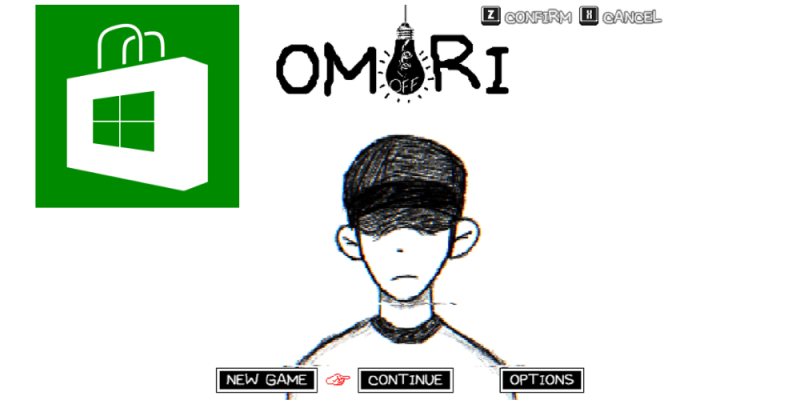
Since its launch in 2017, Xbox Game Pass has been a prominent platform for gamers, continually offering unique and diverse content. Microsoft has been deft at curating an exciting array of games to keep subscribers engaged, including top indie games for both Xbox and PC platforms. However, the recent removal of one game and subsequent inability to purchase it has raised eyebrows in the gaming community.
Although a majority of the games remain constant on the service, some titles vanish once the agreed contract with Game Pass terminates. This process is usually seamless, allowing for titles like Spelunky 2 to be purchased separately despite their removal from the subscription service. Intriguingly, a recent report suggests that the game 'Omori,' removed from Xbox Game Pass in late June, has been entirely de-listed from the Microsoft Store.
A tweet from user IdleSloth84_ highlighted the missing 'Omori' from the Microsoft Store, puzzling many in the gaming community. The psychological horror RPG had gained a decent following, and its sudden absence came as a surprise. Xbox Support confirmed that the game developer, OMOCAT, and Xbox have parted ways. It was further suggested that Xbox intended to distance itself from OMOCAT due to a controversial t-shirt design depicting inappropriate behavior.
This occurrence underscores the delicate nature of the gaming industry. While games such as Grand Theft Auto 5 toe the line of adult content, there are undoubtedly boundaries that should remain uncrossed. The main concern here arose from 'Omori's' presentation - visually appealing to a younger audience, despite its adult themes. It underlines the importance of content appropriateness, given the diverse age range of gamers.
In conclusion, the 'Omori' episode is a clear reminder for developers and publishers to be mindful of their content and the potential implications. As regrettable as it is to see a well-liked game become entirely inaccessible, Microsoft's stance to avoid a potential public relations debacle is completely justified. With the lessons learned from this incident, the gaming industry, developers, and publishers alike must strive to harmonize their creative drive with acceptable societal standards.
